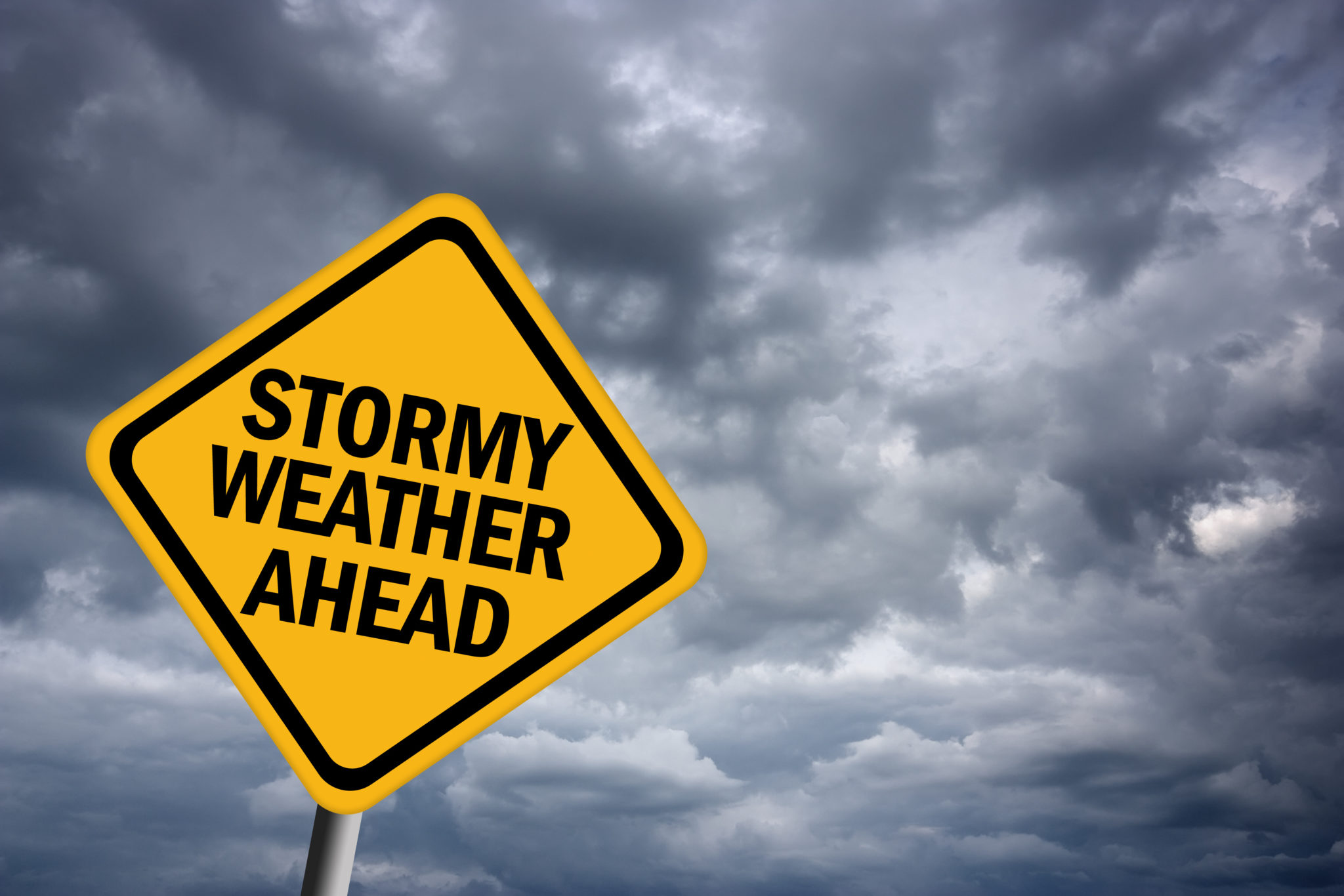Weather warnings are critical alerts issued by meteorological agencies to inform the public about severe weather conditions that may pose a threat to safety and property. These warnings can cover a range of weather phenomena, including storms, floods, hurricanes, and extreme temperatures. Understanding these warnings is essential for ensuring personal safety and preparedness during adverse weather conditions.
In this comprehensive article, we will delve into the various types of weather warnings, their significance, how to interpret them, and the actions you should take when a warning is issued. Our aim is to equip you with the knowledge you need to navigate severe weather scenarios effectively.
As weather events become increasingly unpredictable, staying informed and prepared is essential. With the right information at your fingertips, you can make informed decisions that protect yourself, your family, and your community.
Table of Contents
- What are Weather Warnings?
- Types of Weather Warnings
- How Weather Warnings Are Issued
- Importance of Weather Warnings
- How to Prepare for Weather Warnings
- Impact of Climate Change on Weather Warnings
- Dealing with Weather Warnings
- Conclusion
What are Weather Warnings?
Weather warnings are alerts issued by meteorological organizations to inform the public about severe weather conditions. These warnings are based on meteorological data and forecasts that indicate potential threats to life and property.
Weather warnings can vary depending on the severity and type of weather event. They are typically categorized into three levels:
- Advisory: A notice for less severe conditions that may cause inconvenience but are generally not life-threatening.
- Watch: Indicates that conditions are favorable for severe weather, and the public should be prepared.
- Warning: A serious alert indicating that severe weather is occurring or imminent, and immediate action is necessary.
Types of Weather Warnings
There are several types of weather warnings, each addressing different weather phenomena. Understanding these types can help you respond appropriately.
Severe Thunderstorm Warnings
These warnings are issued when severe thunderstorms are occurring or are imminent. Severe thunderstorms can produce damaging winds, large hail, and flash flooding. Key characteristics include:
- Winds exceeding 58 mph
- Hail larger than one inch in diameter
- Frequent lightning
Tornado Warnings
Tornado warnings are issued when a tornado has been sighted or indicated by radar. These warnings require immediate action to protect life and property. Signs of a tornado include:
- Dark, greenish sky
- Large, low-lying clouds
- Roaring noise similar to a freight train
Hurricane Warnings
Hurricane warnings are issued when a hurricane is expected to make landfall within 36 hours. Residents in affected areas should take precautions and prepare for potential evacuation. Key elements of hurricane preparedness include:
- Creating an emergency kit
- Knowing evacuation routes
- Securing property
Winter Weather Warnings
Winter weather warnings encompass a range of conditions such as heavy snowfall, ice storms, and blizzards. These warnings help individuals prepare for hazardous travel and potential power outages. Important actions include:
- Staying indoors during severe weather
- Monitoring local weather updates
- Preparing vehicles for winter conditions
How Weather Warnings Are Issued
Weather warnings are issued by meteorological organizations, including the National Weather Service (NWS) in the United States. These organizations use advanced technology, including radar, satellite imagery, and weather models, to monitor and predict severe weather. The process typically involves:
- Collecting meteorological data from various sources
- Analyzing data to assess potential threats
- Issuing warnings through various channels, including radio, television, and mobile alerts
Importance of Weather Warnings
Weather warnings play a crucial role in public safety by providing timely information about severe weather events. The importance of these warnings includes:
- Enabling timely preparedness actions
- Reducing the risk of injury and loss of life
- Minimizing property damage through early alerts
Statistics show that communities with effective weather warning systems experience fewer fatalities during severe weather events.
How to Prepare for Weather Warnings
Preparation is key to staying safe during severe weather. Here are some steps you can take:
- Create an emergency plan with your family.
- Assemble a disaster supply kit with essentials such as food, water, medications, and flashlights.
- Stay informed by following local weather updates and alerts.
Impact of Climate Change on Weather Warnings
Climate change is influencing weather patterns, leading to an increase in the frequency and intensity of severe weather events. This shift impacts the issuance and relevance of weather warnings. Some observed changes include:
- More frequent and severe storms
- Increased flooding risks
- Longer periods of extreme heat
As climate change continues, it is crucial to adapt our warning systems to address these evolving threats.
Dealing with Weather Warnings
When a weather warning is issued, it is essential to take it seriously. Here are some tips for dealing with weather warnings:
- Stay calm and assess the situation.
- Follow the instructions provided by local authorities.
- Check on neighbors, especially the elderly or disabled.
Conclusion
Weather warnings are vital tools for ensuring public safety during severe weather events. By understanding the types of warnings, their significance, and how to prepare, you can protect yourself and your loved ones from potential harm. We encourage you to stay informed and take proactive measures when warnings are issued. If you found this article helpful, please leave a comment, share it with others, or explore more articles on our site.
Stay safe and informed, and remember: preparedness is your best defense against severe weather.
Becker Football Schedule: Everything You Need To Know
Lush Bath Bomb: The Ultimate Guide To Relaxation And Self-Care
Elizabeth Bourgine: A Journey Through Her Life And Career


